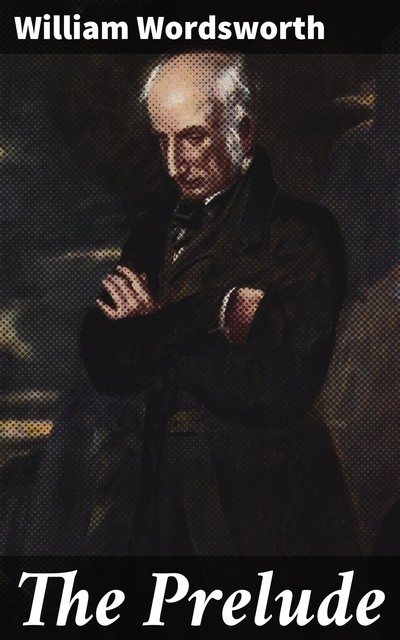Мы используем файлы куки, чтобы Bookmate и наши рекомендации работали лучше.
Подробнее на странице Политика Cookies
Подробнее на странице Политика Cookies
Принять все Cookies
Выбрать cookies
In 'The Prelude,' William Wordsworth embarks on an introspective journey, exploring the development of the poet's mind against the backdrop of the natural world. Written in blank verse, this autobiographical poem spans Wordsworth's life from childhood to adulthood, reflecting his profound connection with nature and the evolution of his poetic sensibilities. It situates itself within the Romantic literary tradition, portraying the tension between the individual experience and the universality of human emotions, all while capturing the beauty and sublimity of the English landscape. Wordsworth's lyrical style and philosophical depth invite readers into a contemplative exploration of memory, identity, and the transformative power of nature. William Wordsworth (1770–1850) was a central figure in the Romantic movement, deeply influenced by the political and social upheavals of his time. His early experiences in the Lake District and his friendships with other literary giants like Samuel Taylor Coleridge laid the groundwork for his contemplative, nature-infused poetry. Wordsworth'Äôs belief in the ethical and spiritual dimensions of nature propelled him to articulate his insights in works like 'The Prelude,' which serves as both a personal narrative and a manifesto of Romantic ideals. Readers seeking to delve into the complexities of self-discovery and the evocative interplay between individuality and nature will find 'The Prelude' an essential and enriching experience. Wordsworth's masterful ability to fuse personal reflection with broader themes of existence makes this work a cornerstone of English literature, inviting continual contemplation and appreciation.
больше
211 бумажных страниц
- Правообладатель
- Bookwire
- Дата публикации оригинала
- 2020
- Год выхода издания
- 2020
- Издательство
- Good Press
Другие версии книги
Уже прочитали? Что скажете?
👍👎
На полках
fb2epub
Перетащите файлы сюда,
не более 5 за один раз


